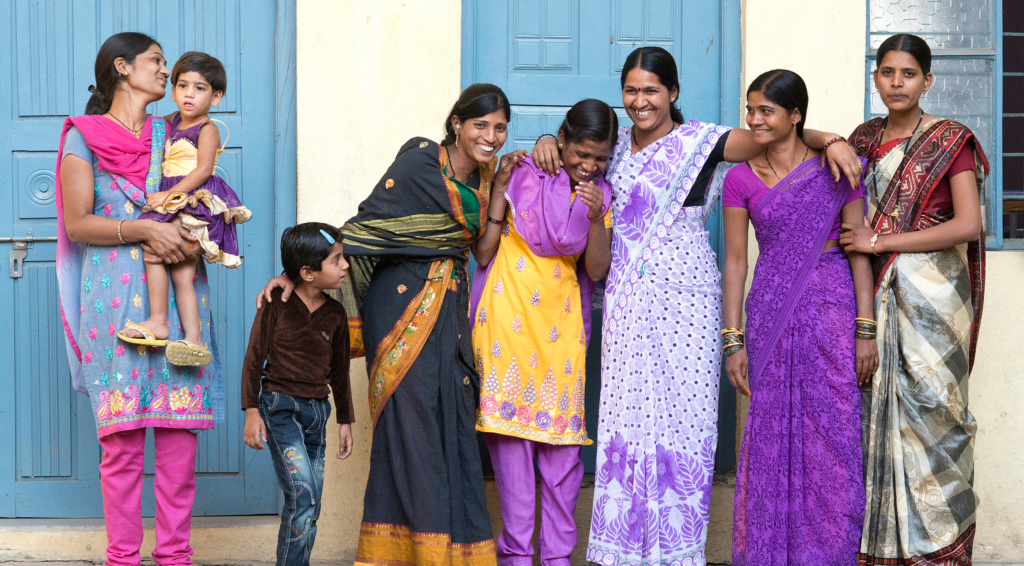
An Interview with Daniele Polini, gender expert at SWISSAID
Unfavorable policies, entrenched cultural traditions, pandemics: the once-promising strides towards global gender equality appear to be fading into distant recollections. Considering these challenges, the significance of women’s empowerment becomes even more pronounced. Daniele Polini, gender expert at SWISSAID, reflects on recent developments concerning gender equality and the impact of SWISSAID’s projects on women.
What has been the recent trajectory of women’s status in society?
Regrettably, the overall situation is concerning as radical conservative policies have impeded progress, particularly in the realm of women’s rights. A case in point is the United States, where the UN has raised concerns about the jeopardized achievement of Sustainable Development Goal (SDG) 5 – gender equality – by 2030. SWISSAID is also witnessing similar patterns in the countries where it operates.
What is driving the resistance to women’s rights?
The health, climate, and humanitarian crises of recent times have given rise to an alarming increase in violence against women, particularly in rural regions. Multiple studies, including those conducted by UN Women (links provided in the information bar), indicate that women now feel less secure compared to pre-pandemic times. This unsettling trend can be attributed to various factors, such as the stress caused by escalating prices and the unequal income distribution prevalent in numerous households. Notably, in single-income families, financial insecurity often catalyzes domestic violence.
How does SWISSAID address these challenges?
We have significantly amplified our efforts toward women’s empowerment in the past years. Building on the successes witnessed in specific countries, we have adapted and implemented these strategies in diverse projects across various regions. For instance, the awareness-raising initiatives about violence against women and girls in India and Colombia are now replicated in Niger and Ecuador. While attitudinal shifts take time, we are already witnessing encouraging progress.
Additionally, SWISSAID substantially supports women’s organizations by enhancing their infrastructure and membership. This includes providing literacy and budgeting courses, empowering them with the necessary skills and knowledge for a more significant impact.
What role do men play?
Recognizing men’s crucial role in women’s emancipation, we actively involve them in all our projects. By increasing awareness about the significance of women’s autonomy and its impact on various aspects such as finances, society, and children’s education, we encourage men to contribute to this transformative process.
In Niger, for instance, we have established men’s groups that discuss gender inequalities, including the disparities in schedules between men and women. Raising awareness of the adverse effects of such disparities on society has resulted in many men supporting their wives in daily tasks, reducing gender-based violence.
The additional support provided to women has alleviated their domestic burden, allowing them to pursue other activities, such as selling their products in the market, thus bolstering household income. Together, these efforts foster positive changes and promote gender equality.